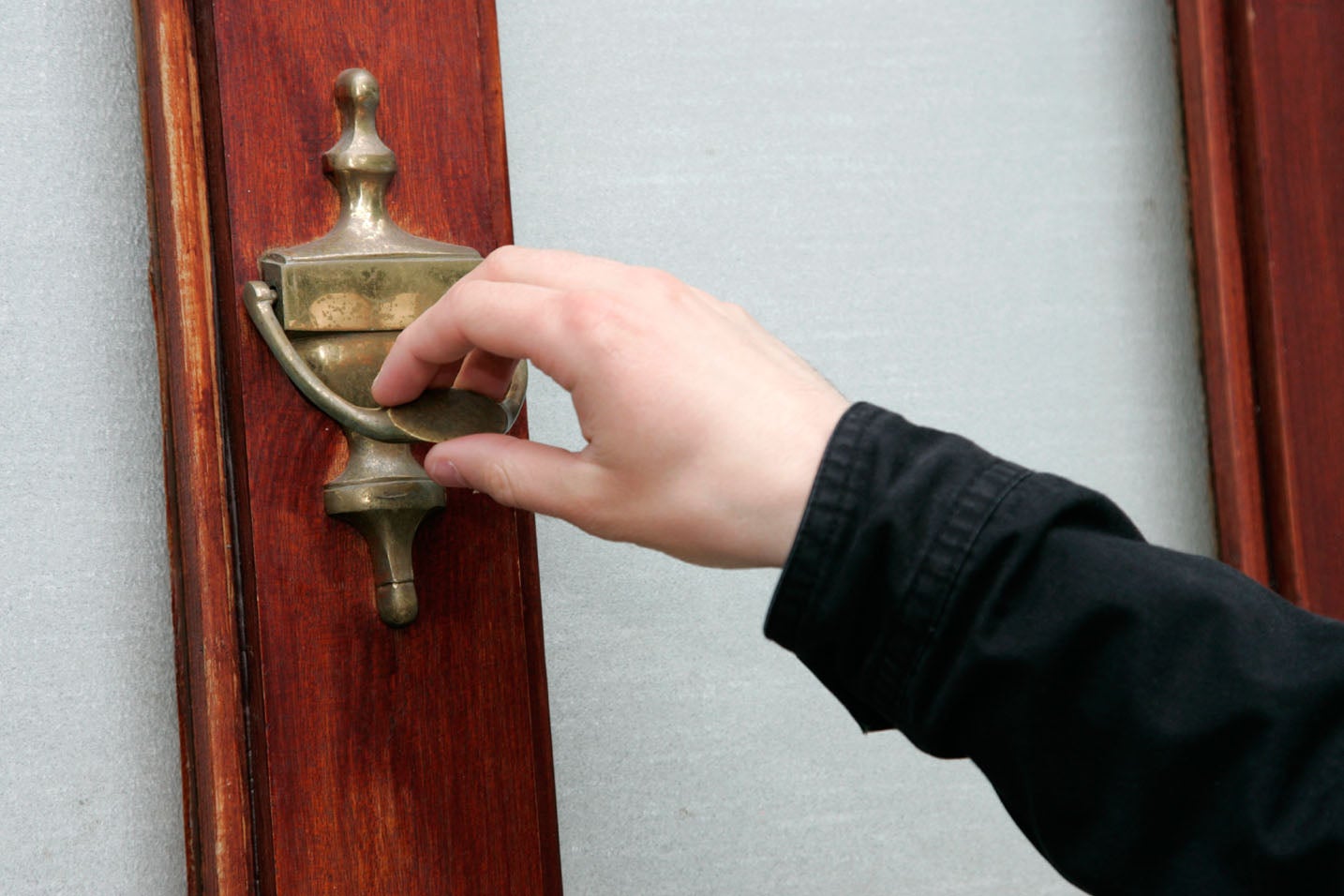This Easter, I’m all for giving to charitable causes. Unless I’m guilt-tripped into it on my own doorstep
A couple of years back there was a vigorous debate over the activities of so-called ‘chuggers’ – people paid to buttonhole shoppers in an attempt to sign them up to direct debits on the street. I fear it’s time for this discussion to be reheated


Your support helps us to tell the story
From reproductive rights to climate change to Big Tech, The Independent is on the ground when the story is developing. Whether it's investigating the financials of Elon Musk's pro-Trump PAC or producing our latest documentary, 'The A Word', which shines a light on the American women fighting for reproductive rights, we know how important it is to parse out the facts from the messaging.
At such a critical moment in US history, we need reporters on the ground. Your donation allows us to keep sending journalists to speak to both sides of the story.
The Independent is trusted by Americans across the entire political spectrum. And unlike many other quality news outlets, we choose not to lock Americans out of our reporting and analysis with paywalls. We believe quality journalism should be available to everyone, paid for by those who can afford it.
Your support makes all the difference.The woman who came to the door flogging a charity lottery was young, personable and pretty clueless about the organisation she was representing. This became evident when my wife took her off the script she’d clearly been prepped with.
We’ve had a number of people like her turning up at our home in recent months. They all get the same answer: the two of us long ago agreed we would not sign up to anything on the doorstep, particularly where it would involve us parting with our bank details.
That doesn’t stop fundraisers from having a go at guilting us into breaking the rule in an attempt to bag a commission before moving on down the road. It has never worked with us but presumably it does with others because otherwise they wouldn’t do it.
The organisations we’ve been targeted by are ones we’d normally support, which makes their tactics all the harder to stomach. Indeed, the most recent occasion had me responding with a “really, them?” when my wife regaled me with the details of her encounter.
“They” are an organisation I have worked for in the past, and am supportive of. It’s also because I know “they” need money for the generally excellent work that they do, and that funds aren’t very easy to come by in the current climate, that I’m refraining from naming them.
The fact is that Britain would collapse without the so called “third” sector. The government’s shameful and ideologically driven abdication of its responsibilities means it has had to take over multiple tasks that were previously handled by what is usually referred to as the welfare state.
That now extends to the provision of a rudimentary safety net so that children don’t go to school hungry in the mornings and have clothes to wear for lessons (before you ask, no, it wasn’t a food bank that turned up at our door, and yes we do help to keep our local ones supplied).
However, the clear and pressing need charities have for money doesn’t mean we shouldn’t debate the tactics that they sometimes resort to with the aim of raising cash, especially when they impact on the people who ought to be able to call upon charitable organisations for help rather than harassment. I’m talking here about the elderly and other vulnerable groups, who might be considered as “easy marks” by the people you would more commonly associate with door to door sales. By that I mean sleazy businesses, double glazing outfits, low rent builders, people who turn up offering to tarmac the drive, and others who might attract the attention of consumer shows such as Watchdog after having ripped off people’s elderly relatives.
Of course, your grandparents signing up to a charity lottery for a few quid a week isn’t in the same ball park as having someone help themselves to their pension having covered the front of their house in gunk before disappearing into the night.
But when it’s multiple lotteries, sponsorships and monthly subscriptions, it can easily take a toll on people who have limited resources but find it difficult to say no to salespeople trying to pressure them into parting with funds they can’t easily afford to lose.
A couple of years back there was a vigorous debate over the activities of so-called “chuggers” – people paid to buttonhole shoppers in an attempt to sign them up to direct debits on the street. They’re rather less visible when the venue is a residential street rather than the high street, but I fear it’s time for this discussion to be reheated.
A postscript to this story is that one of the organisations which once canvassed us on the doorstep recently told us that they’d ceased using this method to sign people up to its lottery because of the upset being caused to elderly supporters.
Clearly this organisation had engaged in a bout of soul searching. Others ought to do the same.
Join our commenting forum
Join thought-provoking conversations, follow other Independent readers and see their replies
Comments